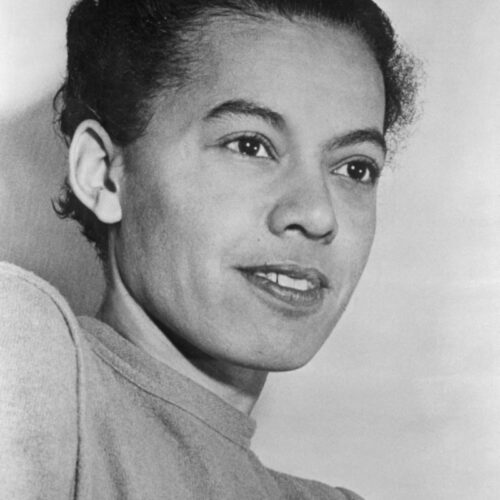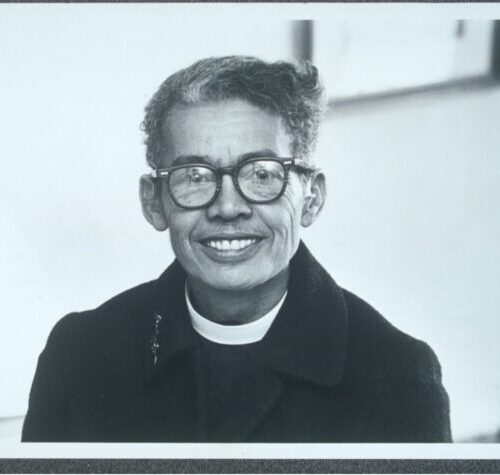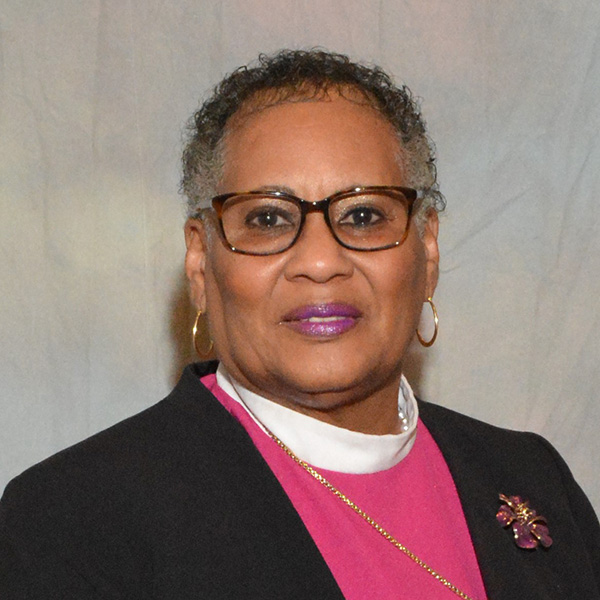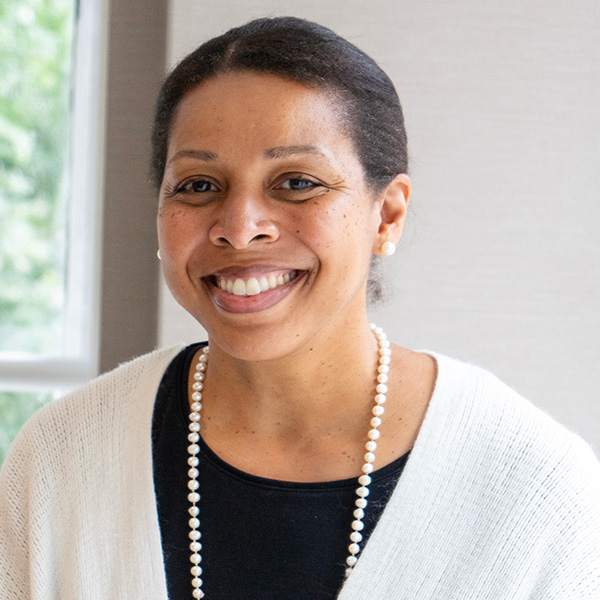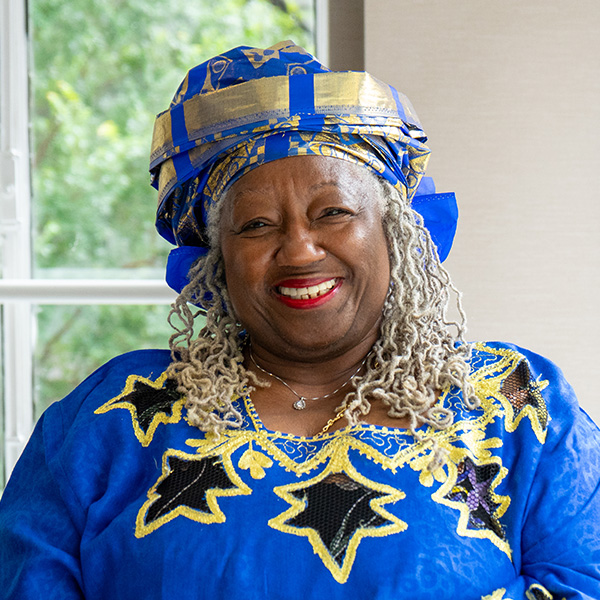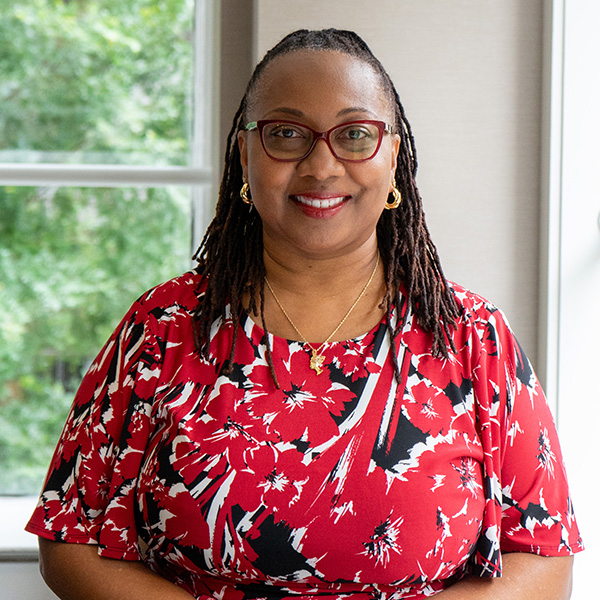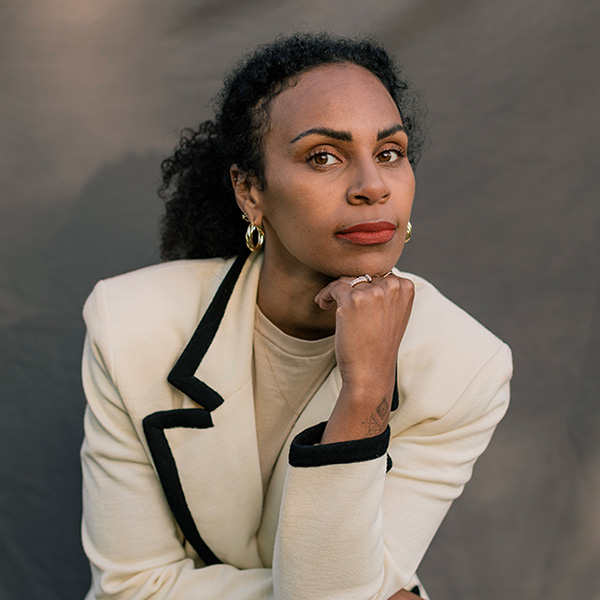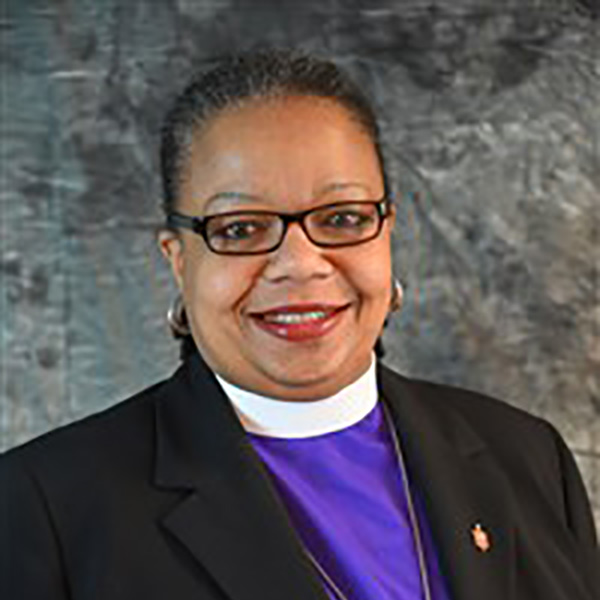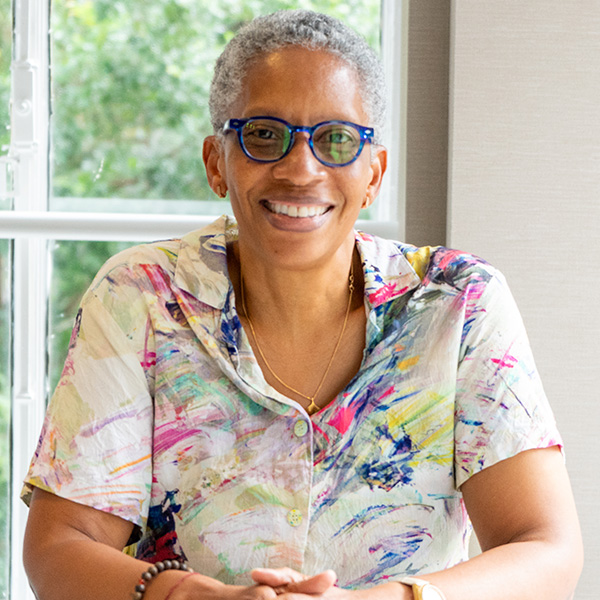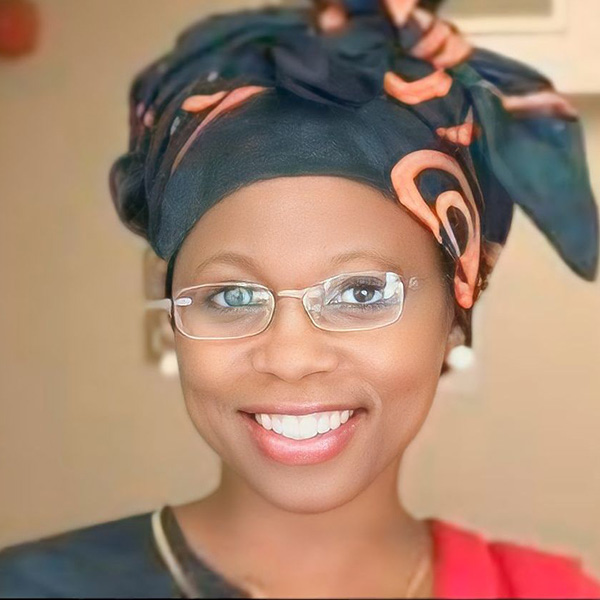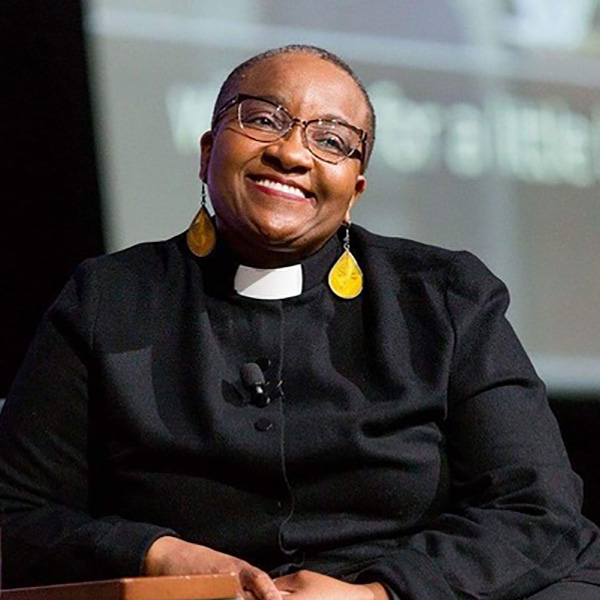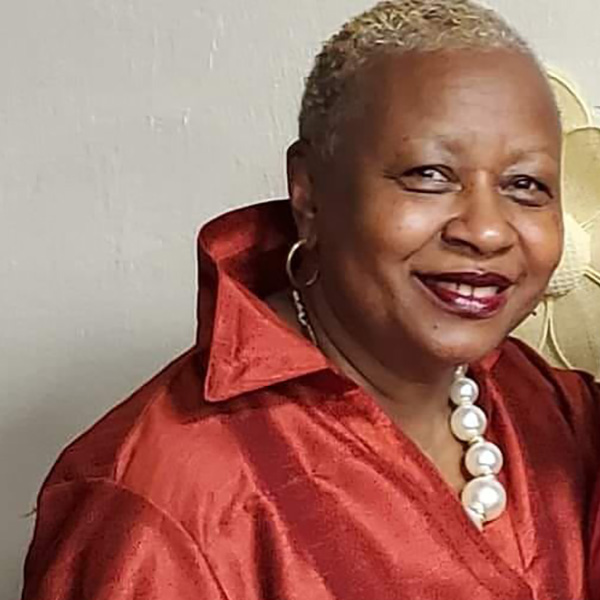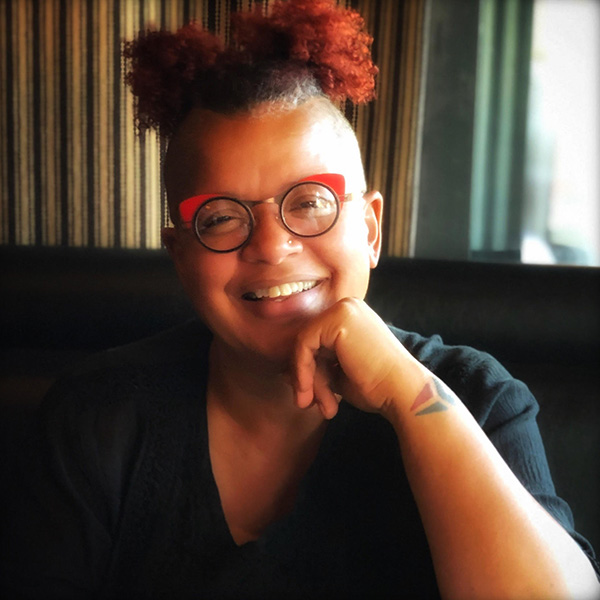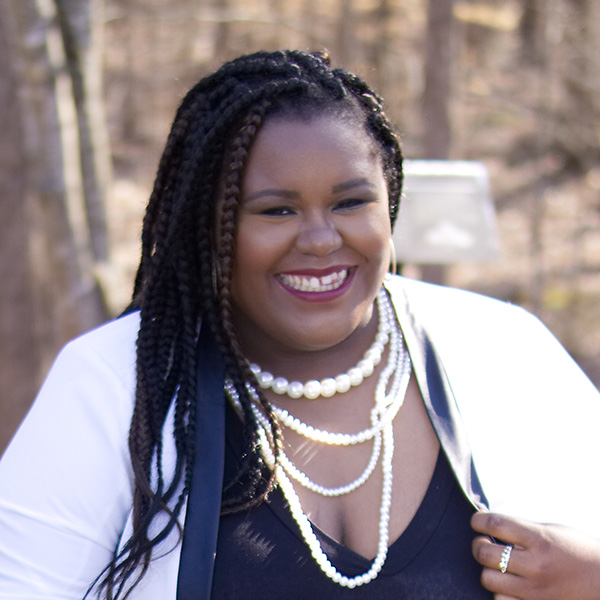Biography
Early Life
Reverend Dr. Pauli Murray was an extraordinary legal scholar. They were also the first Black woman ordained in the Episcopal Church.
Murray was born the fourth of six children to a nurse and an educator in Baltimore, Maryland. After the death of their mother and the psychiatric institutionalization of their father, they spent their childhood with their Aunt Pauline (for whom they were named) in Durham, North Carolina.
While little is known about their personal spirituality in early life, Murray described themself as a devoted “child of God.” Both their parents were members of the Episcopal Church. And Murray participated in other Black Episcopal, Methodist, and Baptist churches.
Family members frequently talked about activist efforts, which encouraged Murray’s first major act of social resistance – seeking gender-affirming hormone therapy.
Academia & Activism
Rev. Dr. Murray’s life was filled with notable achievements. They received a certification of distinction from Hillside High School in 1926. They also received a bachelor’s degree from Hunter College [CUNY] in 1933.
The University of North Carolina rejected Murray because of their race. Murray then challenged the NAACP to help fight against this racist policy.
In 1940, Murray was imprisoned for refusing broken seats at the back of a segregated bus. This made them the first African American to resist segregation on public transportation in Virginia.
In 1944, Murray graduated top of their class from Howard Law school with a highly sought-after fellowship. They were the only non-cisgender man in the program. Murray then earned a Master of Law degree from the University of California in 1945. They later became the first African American person to earn a Doctor of Law from Yale University in 1965.
Their scholastic accolades only comprise a portion of Murray’s major achievements in life. Murray was a founder of the Congress of Racial Equality in 1942, and the National Organization for Women in 1966, and held a leadership position in the American Civil Liberties Union (ACLU).
While Murray supported many religious and civil rights leaders, they also spoke out against the male-dominated leadership within these spaces. As well as the lack of support for Black women in feminist spaces from white feminist leadership.
Religion & Identity
In the 1970s, Murray received their Divinity education from General Theological Seminary. This was before women were being ordained in the denomination. Murray expanded ideas of liberation theology to include the intersection of misogyny.
By 1977, Murray became the first Black person perceived as a woman to be ordained as an Episcopal Priest. While Murray has been referred to as the first Black woman in this position, the Pauli Murray Foundation stated that due to the lack of inclusive language to describe their gender identity, we do not know how Murray might have identified and therefore, use he, she, and they pronouns to refer to Murray.
Murray referred to themself as a ”he/she personality” who felt more aligned with the identity of men than of women-loving-women. At other times, Murray self-identified as a Black woman.
Awards & Recognitions
Murray was awarded many literary distinctions and authored several books. This includes legal texts, a memoir, a poetry collection, and an auto-ethnographic family history, as well as a host of scholarly articles in civil rights law, African American studies, and Black feminist theology, (such as their article “Black Theology and Feminist Theology: A Comparative View” in the Anglican Theological Review).
The Reverend Doctor Pauli Murray devoted their life to fighting for the rights of African Americans, women, queer, and transgender individuals in the legal system. Once saying, “Hope is a song in a weary throat,” Murray pressed forward to advance equality.
Murray’s scholarly works have had far-reaching impacts on the rights of marginalized people. Today, the Pauli Murray Center in Durham, North Carolina, continues to highlight and advocate for the principles and theological practices that Murray adhered to during their life.
